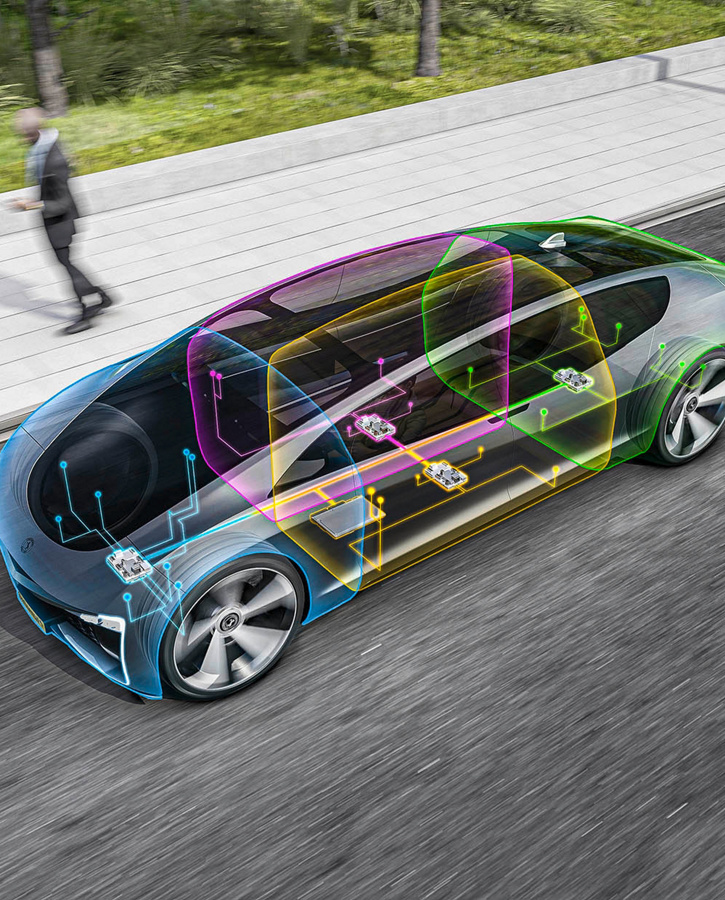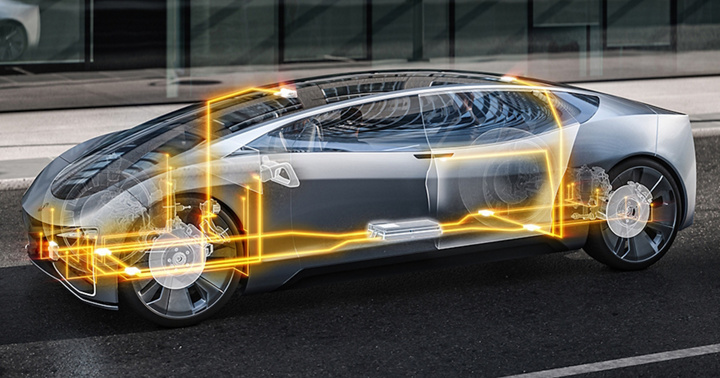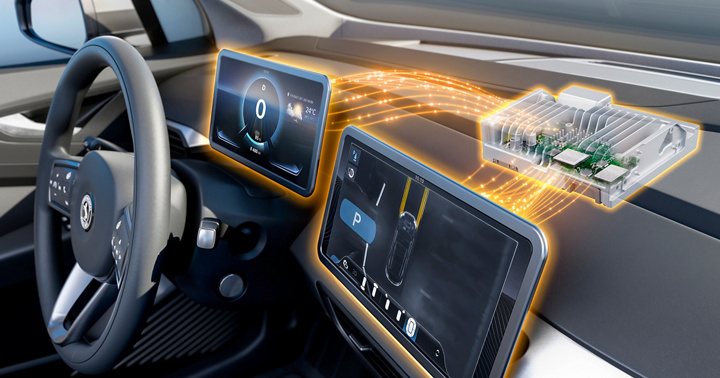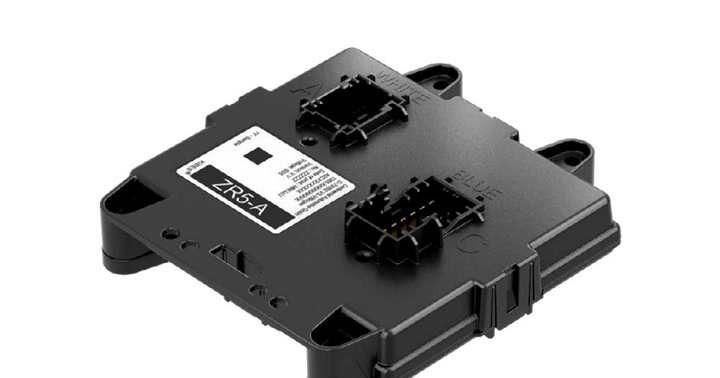Continental wins multiple orders for ZCUs, further enhancing server-based vehicle architectures
April 18, 2024 - Continental has implemented another key component of server-based architectures with series production of Zone Control Units (ZCU) for European and Asian car manufacturers, in addition to High-Performance Computers (HPC). We are driving the development of software-defined vehicles worldwide, especially since ZCUs form the middle tier of the server-based electrical and electronic (E/E) architecture in software-defined vehicles. These ZCUs redistribute the vehicle architecture and ensure the electronics interact smoothly across domains, reduce complexity, and are the key to over-the-air software updates in the vehicle. We have received multiple customer orders for ZCUs from automotive manufacturers in Europe and Asia.
“With high-performance computers, we are pioneers in the top control tier of server-based vehicle architectures. With zone control units, we also offer a solution for the middle tier. Our platform-based and modular development approach enables us to start series production within just over a year of receiving an order. This is how we are bringing the software-defined vehicle to the road more speedily,” says Jean-François Tarabbia, Head of the Architecture and Networking business area at Continental.
A single ZCU bundles all electronic and electrical connections in a local section of the vehicle. For example, they are responsible for all service and data management tasks in the vehicle areas such as the front, right or left, or the rear. This optimizes data paths between ZCUs and electronic components such as sensors and actuators in a physical zone. Instead of up to a hundred or even more individual control units as before, the result is an architecture that reduces complexity and at the same time saves weight, thereby reducing CO2 emissions. It allows the highly complex wiring harness in modern vehicles to be streamlined to such an extent that vehicle manufacturers will be able to install it automatically in the future.
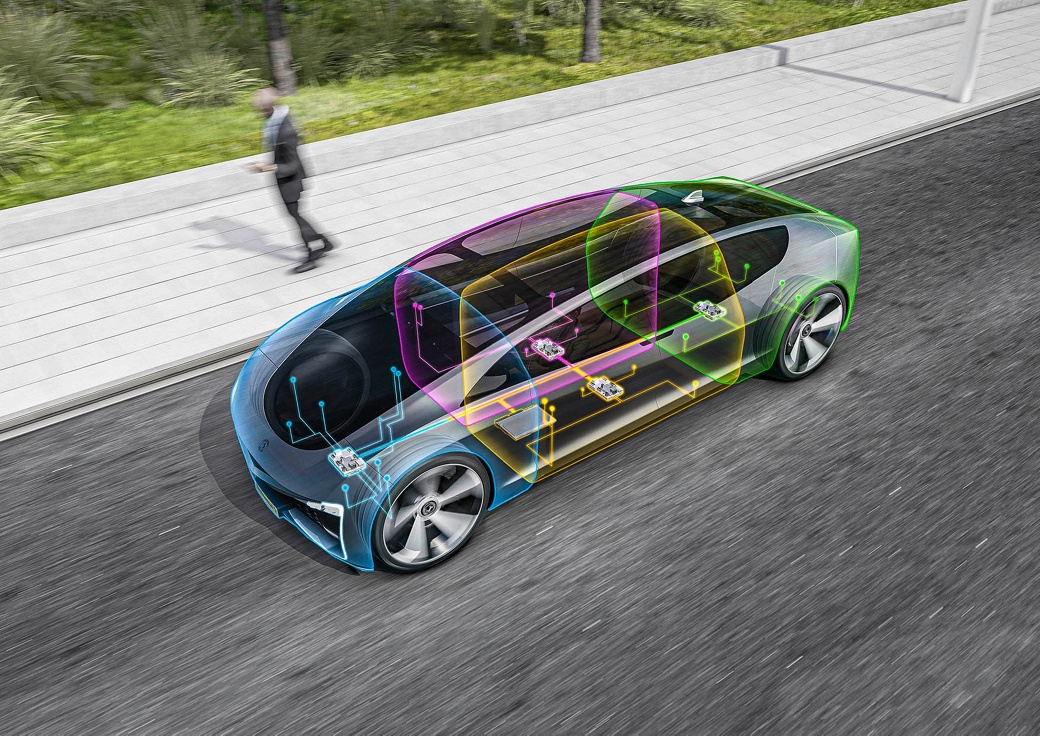
ZCUs are generally connected to relevant HPCs via a powerful Ethernet link and thereby support features of the HPC such as the separation of hardware and software as well as optimum cybersecurity and update capability. At the same time, they are responsible for special tasks such as control, real-time functions, signal to service conversion, communication management and decentralized energy supply.
